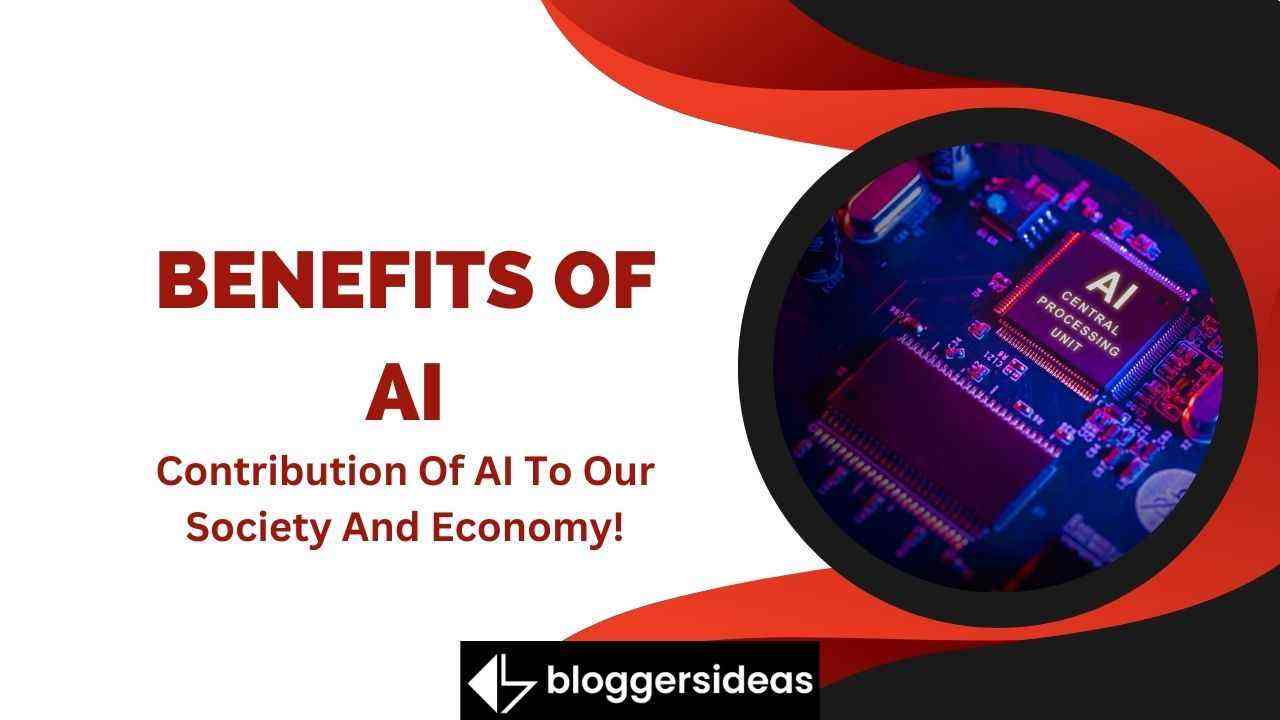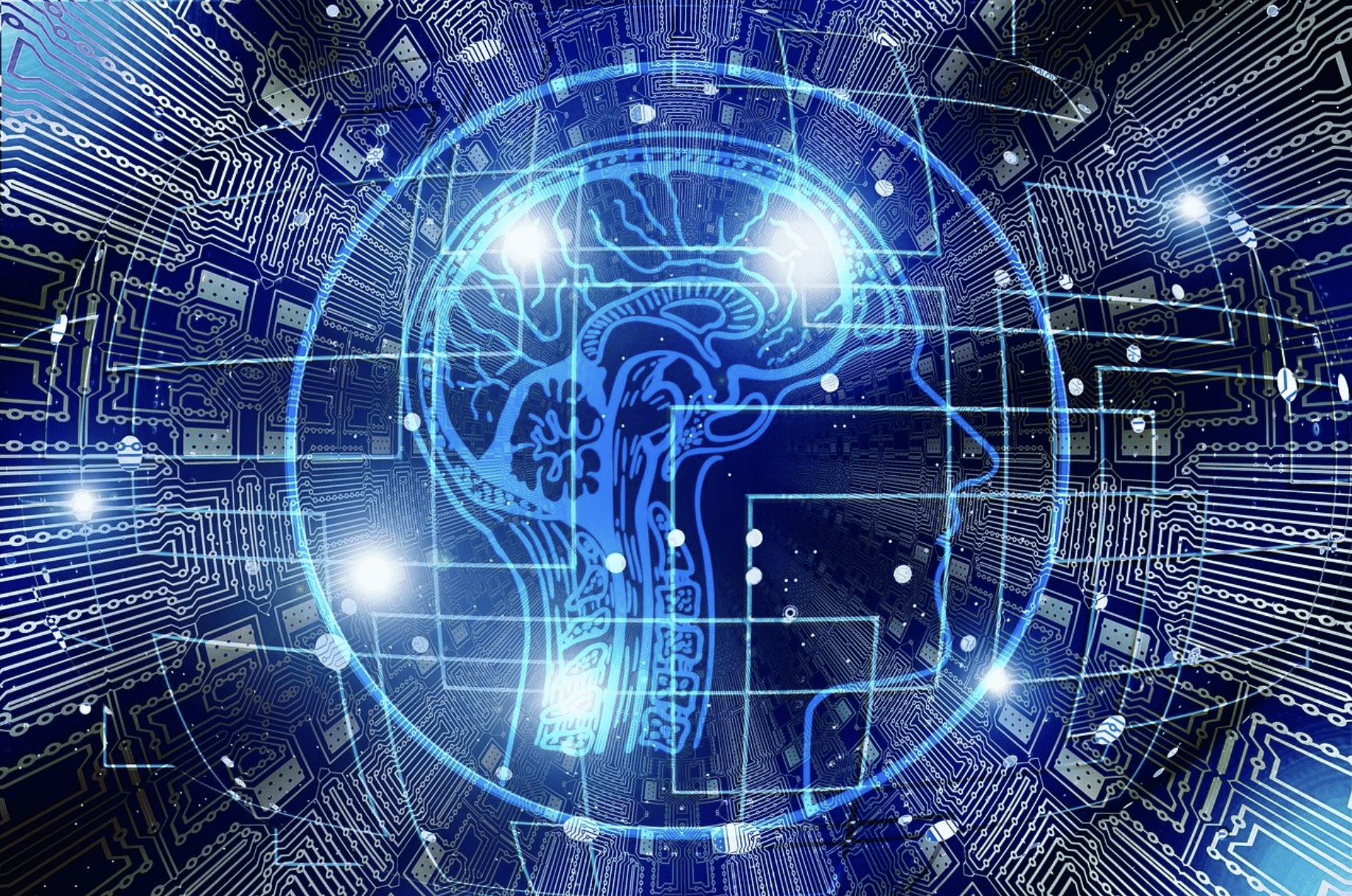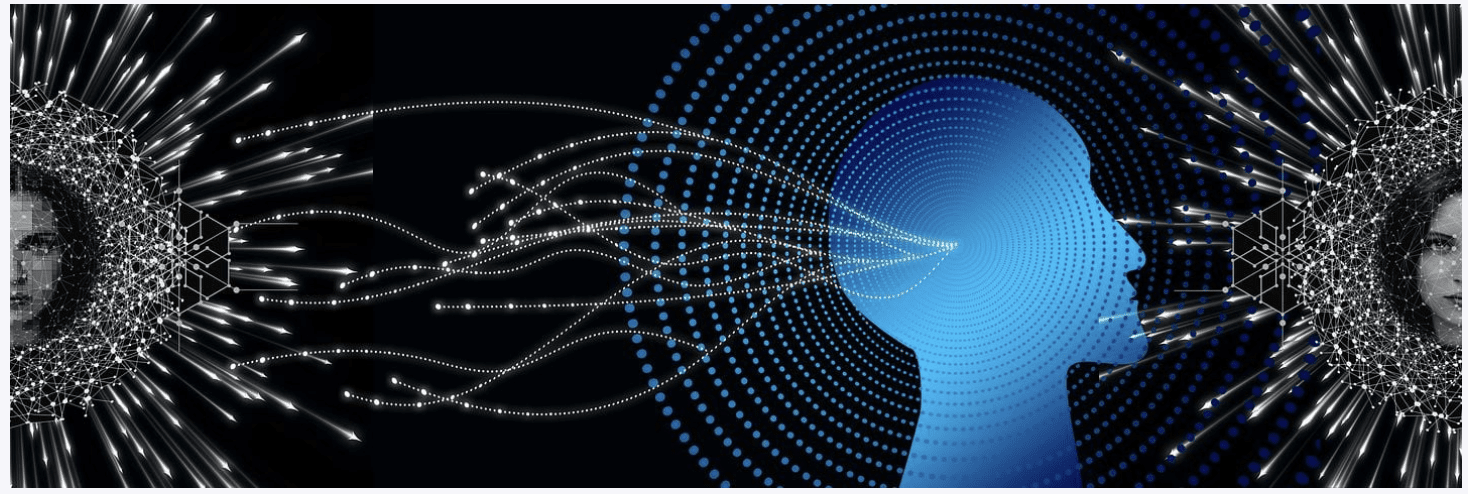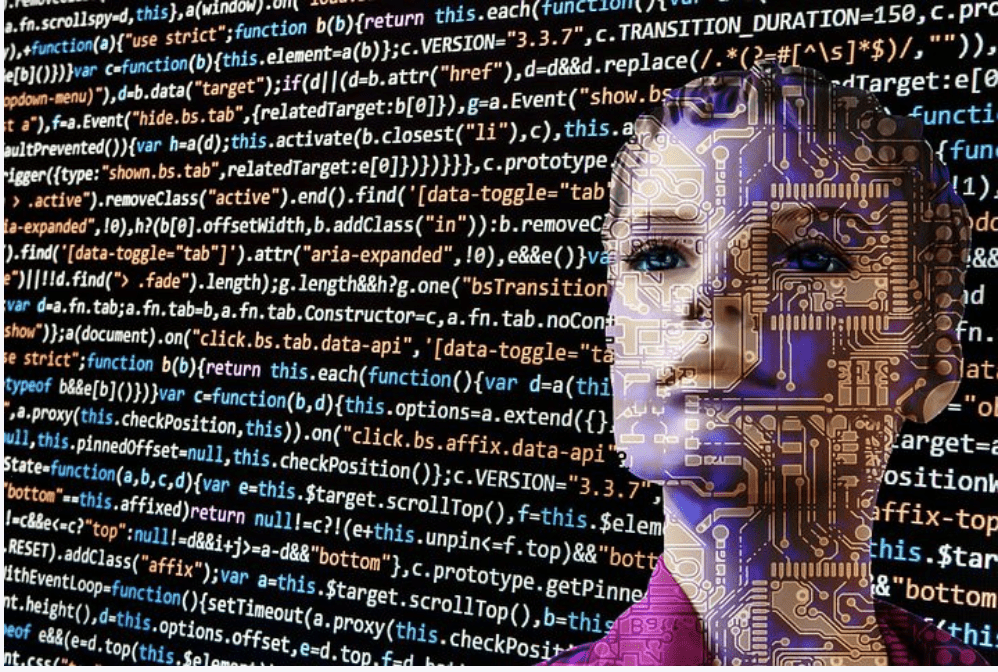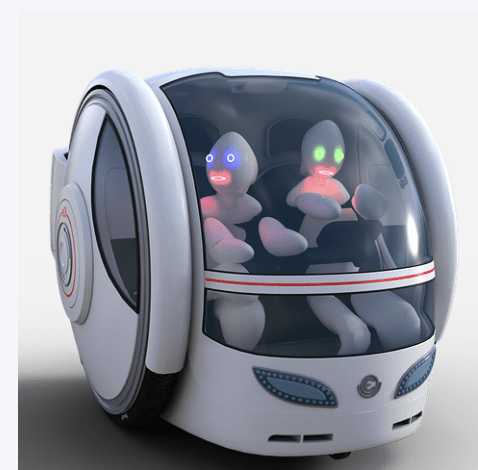Artificial Intelligence (AI) has become an increasingly hot topic in recent years, and for good reason. AI technology is rapidly transforming the way we live and work, providing a plethora of benefits across various industries.
According to Gray Scott, an AI expert, “There is no reason and no way that a human mind can keep up with an artificial intelligence machine by 2035.”
The AI market is expected to grow from $76.44 billion in 2020 to $21.46 billion by 2025, at a CAGR of 21%. Based on helpnetsecurity.com.
From healthcare to finance, transportation to education, AI is changing the game in a big way. In this blog post, we will explore some of the many benefits of AI, using examples and statistics to illustrate its power and potential.
But don’t worry, AI isn’t taking over the world just yet. After all, if it were, we would all be playing chess against robots and spending our days being entertained by artificially intelligent cats!
Top 10+ Benefits Of AI 2026
1. Increased Efficiency and Productivity
One of the most significant benefits of AI is its ability to increase efficiency and productivity.
By automating repetitive and time-consuming tasks, AI frees up human workers to focus on more complex and creative work. This not only saves time and money but also leads to higher-quality work and better outcomes.
For example, in the healthcare industry, AI-powered robots can take over routine tasks such as scheduling appointments, tracking patient data, and even performing surgeries.
This allows doctors and nurses to focus on patient care, improving outcomes, and reducing the risk of human error.
In the manufacturing industry, AI-powered robots can increase efficiency by working around the clock without fatigue or breaks.
These robots can also analyze data in real time, identifying trends and patterns that can lead to better decision-making and improved production processes.
According to a report by PwC, AI has the potential to contribute up to $15.7 trillion to the global economy by 2030, with a significant portion of that coming from increased productivity.
2. Improved Accuracy and Precision
Another significant benefit of AI is its ability to improve accuracy and precision. By analyzing vast amounts of data, AI can identify patterns and make predictions with a level of accuracy that surpasses human capabilities.
For example, in the finance industry, AI-powered algorithms can analyze market data and make investment decisions based on that analysis.
These algorithms can take into account a wide range of factors, including historical trends, economic indicators, and even social media sentiment. As a result, AI-powered investment strategies often outperform those made by human investors.
In the healthcare industry, AI can be used to analyze medical images and detect diseases such as cancer at an early stage.
AI-powered diagnostic tools have been shown to be more accurate than human doctors in detecting certain types of cancer, leading to earlier detection and better outcomes for patients.
3. Personalization and Customization
AI is also transforming the way businesses interact with their customers, enabling a higher level of personalization and customization than ever before.
By analyzing customer data, AI can make personalized recommendations and deliver targeted marketing messages.
For example, online retailers such as Amazon and Netflix use AI algorithms to make product recommendations based on a customer’s browsing and purchase history.
This not only improves the customer experience but also leads to increased sales and revenue for the business.
In the healthcare industry, AI can be used to personalize treatment plans based on a patient’s genetic makeup and medical history. This can lead to better outcomes and reduced healthcare costs in the long run.
4. Improved Safety and Security
AI is also making the world a safer place by improving safety and security across various industries. AI-powered systems can monitor and analyze data in real time, detecting potential threats and alerting authorities before an incident occurs.
For example, in the transportation industry, AI-powered systems can monitor traffic patterns and predict potential accidents before they occur. In the financial industry, AI can be used to detect fraudulent activity and prevent cyber attacks.
According to a report by MarketsandMarkets, AI in the security market is expected to reach $38.2 billion by 2026, with a compound annual growth rate of 23.3%.
5. Increased Access to Education and Healthcare
Finally, AI is helping to increase access to education and healthcare, particularly in underserved and remote areas.
AI-powered systems can deliver educational content and healthcare services remotely, making it easier for people in remote areas to access these essential services.
For example, in the education sector, AI-powered tools can provide personalized learning experiences for students, regardless of their location or socioeconomic status.
These tools can analyze a student’s learning style and adapt teaching methods accordingly, improving learning outcomes and reducing the achievement gap between students.
In the healthcare industry, AI-powered telemedicine platforms can connect patients with doctors and specialists remotely, providing essential healthcare services to people who would otherwise have limited access.
This is particularly important in rural and remote areas where access to healthcare is limited.
According to a report by McKinsey, AI has the potential to address the healthcare needs of more than 400 million people worldwide who currently lack access to basic healthcare services.
6. Cost Savings
AI can help organizations save money by reducing waste, improving efficiency, and automating tasks that would otherwise require human labor.
For example, in the finance industry, AI can be used to automate processes such as fraud detection and loan underwriting, reducing the need for human workers and saving money in the long run.
According to a report by Accenture, AI has the potential to save banks up to $450 billion in operating costs by 2030.
7. Improved Customer Service
AI-powered chatbots and virtual assistants can provide 24/7 customer service, answering customer queries and resolving issues in real time.
This not only improves the customer experience but also reduces the workload on human customer service representatives.
For example, in the retail industry, AI-powered chatbots can provide personalized recommendations and assist customers with their purchases, improving the shopping experience and increasing sales.
Also Read:
- Latest Jasper AI Free Trial
- Jasper AI Coupon Code
- Best AI Writers, Content Writing Software
- Best AI Copywriting Tools
- Best AI Tools to Automate Your Facebook Ads
- Check out Content Studio Pricing
- My Honest Jasper AI Review
- What Are The Best Article Spinning Tools
10. Enhanced Security
AI-powered systems can improve security in various industries by detecting and preventing potential threats. For example, in the banking industry, AI can be used to detect fraudulent transactions and prevent cyber attacks.
In the healthcare industry, AI can be used to detect and prevent medical errors and identify potential security breaches.
11. Personalized Advertising
AI-powered systems can analyze user data to provide personalized advertising experiences, improving the relevance of ads and increasing conversion rates.
For example, in the e-commerce industry, AI-powered systems can analyze user behavior and purchase history to provide personalized product recommendations.
According to a report by McKinsey, personalization can increase sales by up to 15% and improve customer loyalty.
12. Scientific Advancements
AI can also have a significant impact on scientific research, helping researchers analyze large amounts of data and make discoveries that would be impossible without AI.
For example, in the field of genomics, AI-powered systems can analyze vast amounts of genetic data to identify potential disease risk factors and develop personalized treatments.
According to a report by Nature, AI has the potential to revolutionize scientific research, allowing researchers to make breakthrough discoveries in fields such as medicine and environmental science.
Quick Links:
- How Artificial Intelligence Is Transforming Business?
- What Is Artificial Intelligence (AI)?
- Where is Artificial Intelligence Used Today?
- Examples of Artificial Intelligence In Use
Conclusion: Benefits Of AI 2026
AI is transforming the world in many ways, providing a range of benefits across various industries.
From increased efficiency and productivity to improved accuracy and precision, personalization, safety, and security, and increased access to education and healthcare, AI is making a positive impact on our lives and the world around us.
As AI continues to evolve and mature, its potential for positive impact is only growing.
While there are certainly challenges and concerns that must be addressed, such as ethical considerations and the potential impact on jobs, it’s clear that AI has the power to change the world for the better.

